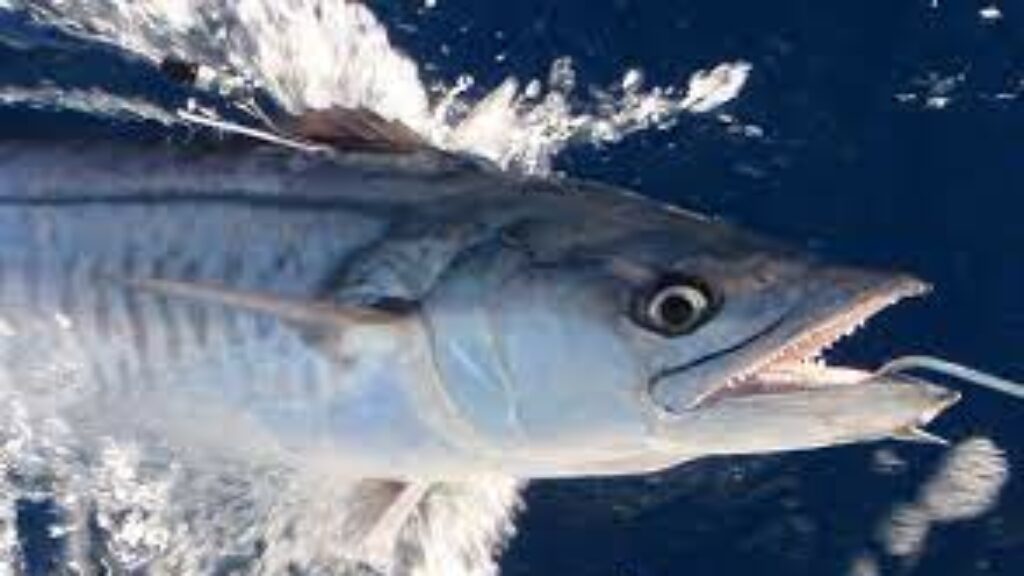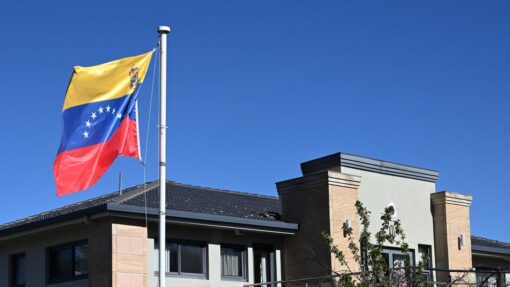New catch limits, closed seasons, likely to protect “historically low” Spanish mackerel stocks
Richard Dinnen - Queensland Editor |

The Queensland Government will consider reducing recreational and commercial catch limits for Spanish mackerel, to reverse what it says is a sharp decline in fish numbers.
Fisheries Minister, Mark Furner, said other measures under consideration include closed seasons to protect spawning fish, new size limits, and requiring recreational fishers to report their Spanish mackerel catch.
The Government began public consultations in April, amid concerns the fishery was becoming unsustainable. Mr Furner today announced another round would continue until August.
“Initial consultation resulted in more than 1400 submissions, mostly from recreational fishers, and the key message from this consultation is that the community wants action taken to rebuild these stocks for the future.
“We have now carefully assessed everybody’s input to develop more detailed rebuilding options, which are needed to ensure the long-term sustainability of the fishery.
“No decision has been made but doing nothing is not an option.
“Spanish mackerel stocks are historically low, and if we don’t take steps to rebuild their stocks it could be the end of this important fishery.”
Speaking in Cairns, Mr Furner ruled out a years-long total closure because of the impact it would have on fishers, jobs, and communities.
Spanish mackerel are found around the northern Australian coastline, with most of the commercial catch coming from north Queensland waters.
Recent assessments found stocks had fallen to 17 per cent of original levels. A fishery needs a figure above 20 per cent to be considered sustainable.
Commercial and recreational fishers have questioned the accuracy of the 17 per cent finding, which came just three years after the Spanish mackerel fishery was deemed sustainable.
The Australian Fishing Trade Association has previously said the Government was manipulating the science in “an attack on the Spanish mackerel fishery that will have drastic implications across the Queensland economy”.



